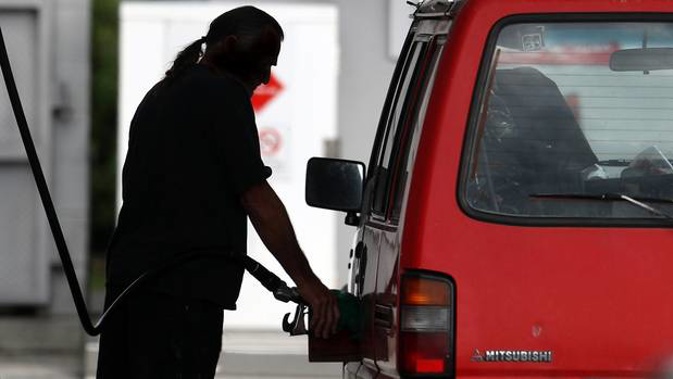
Petrol stations would have to display the price of their more expensive premium fuel on roadside sign boards if a new law being considered by Parliament is passed.
The new laws aimed at giving Kiwis "a fairer deal at the petrol pump" are set to be considered by Parliament at the same time as the Government raised fuel taxes.
Energy and Resources Minister Megan Woods said its recent fuel market study found motorists had been paying more for petrol than they should have over the past decade due to a lack of competition.
The Government subsequently introduced a Fuel Industry Bill to Parliament that it hoped to pass before this year's General Election.
The Bill sought to ensure that all companies selling petrol to motorists would be able to buy fuel from the big supply companies at fair prices.
To help achieve that, the Bill would force supply companies to publicly post the price at which they sold fuel to petrol station companies, Woods said.
Fuel companies would also have to make more information publicly available to allow price watchdogs to check up on them.
Motorist could also expect more transparent pricing signs at petrol stations.
"Motorists have waited too long for action on the entrenched problems in the fuel market," Woods said.
"Fuel prices are a major bugbear for consumers, and we make no excuse for acting with speed to allow competition to flourish."
Yet, despite the Bill's introduction to Parliament, petrol prices were likely to remain a bugbear with customers after fuel taxes were raised today.
Motorists started paying an additional 4 cents per litre to fill their tanks due to the Government raising its annual fuel excise tax.
It was the third consecutive year of increases, following similar moves in 2018 and 2019.
According to the Automobile Association, taxes make up around 55 per cent of the price of fuel at the pump - and a little more in Auckland.
The National Party had since May argued the fuel tax should be delayed due to the impact of Covid-19.
Opposition finance spokesman Paul Goldsmith released a statement yesterday criticising the Government's decision to go ahead with the move.
"Over three years this Government is taking an extra $1.7 billion from New Zealanders through its fuel tax increases, road user charges, petrol excise and Auckland regional fuel tax," he said.
AA spokesman Mark Stockdale noted that the drop in oil prices internationally will make this fuel price increase more manageable than in previous years.
"There is usually an annual increase in petrol tax every year, along with the equivalent diesel Road User Charges to fund our transport system," Stockdale said.
"This year is no different, although with the big drop in oil prices in February due to Covid-19 global lockdowns, fuel prices are the lowest they've been since 2017 so the 4c increase is probably easier to swallow."
Stockdale did, however, express concern about how the tax money is being used.
"The AA wants to ensure that motorists get good value for the fuel taxes they pay, and we are concerned that tax increases in recent years have been allocated to non-road transport projects at the expense of a growing backlog of road maintenance work," he said.
The Ministry of Transport said all money from the tax would go toward improving, operating and maintaining the country's land transport network.
It also said the tax hikes were necessary, despite the country heading into a Covid-19-led downturn.
"Investing in our transport network will help stimulate the economy and create jobs which will support New Zealand's recovery from Covid-19," it said.
The Government's new Fuel Industry Bill. meanwhile, also included new powers for the Commerce Commission.
These included ability to enforce financial penalties based on the Commerce Act 1986.
The bill passed its first reading this morning and has been referred to the Finance and Expenditure Committee.
Take your Radio, Podcasts and Music with you









